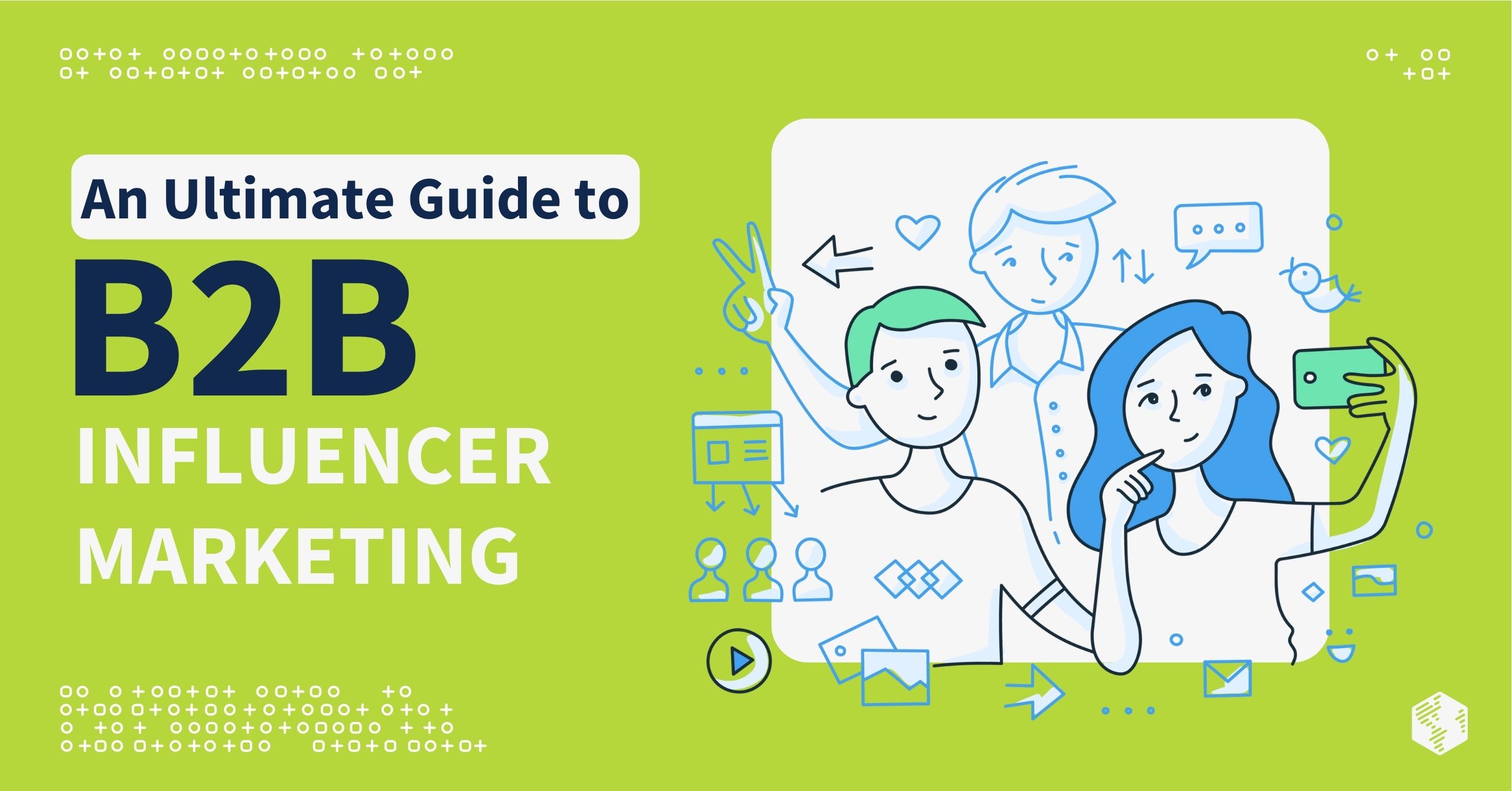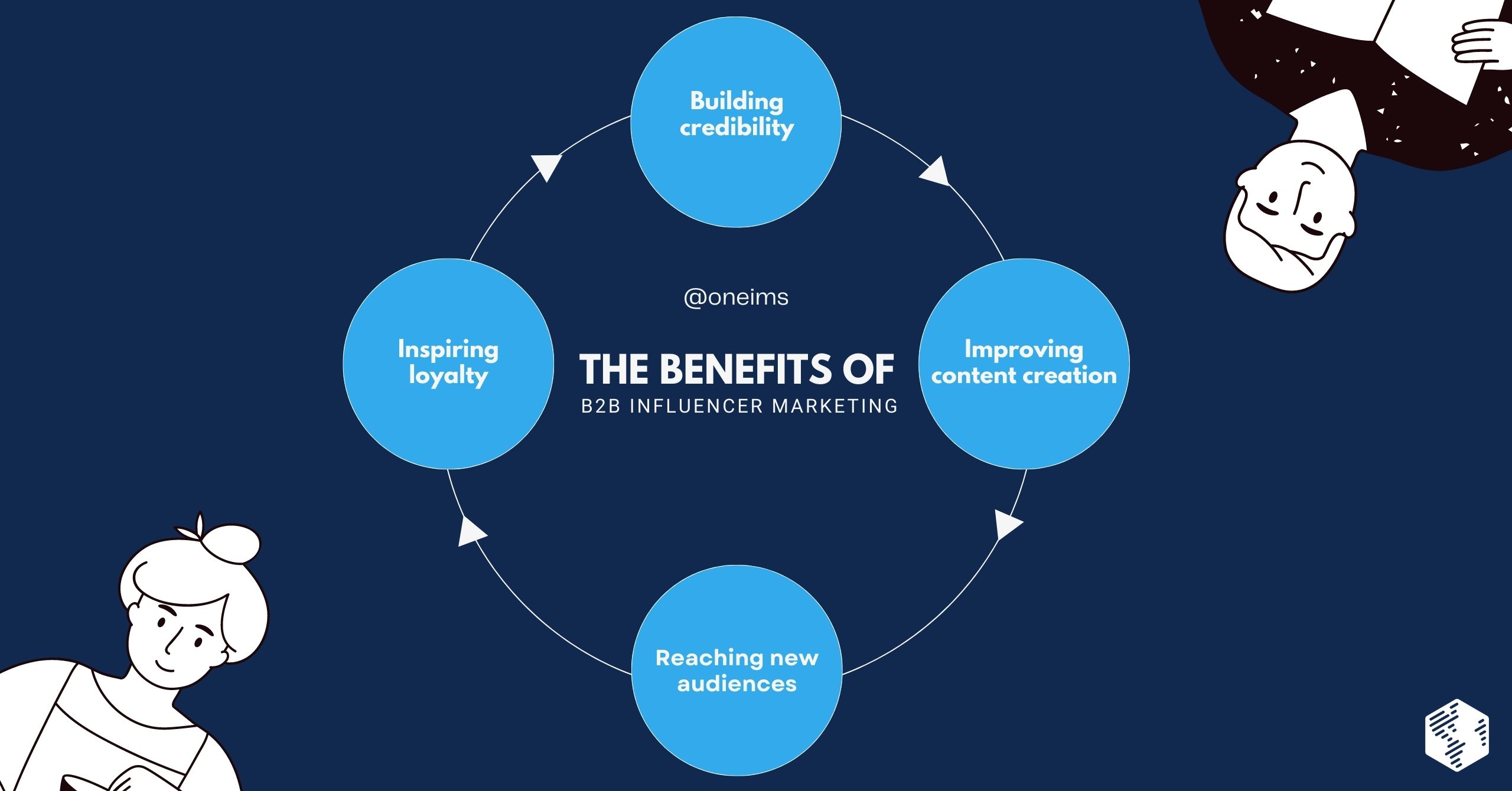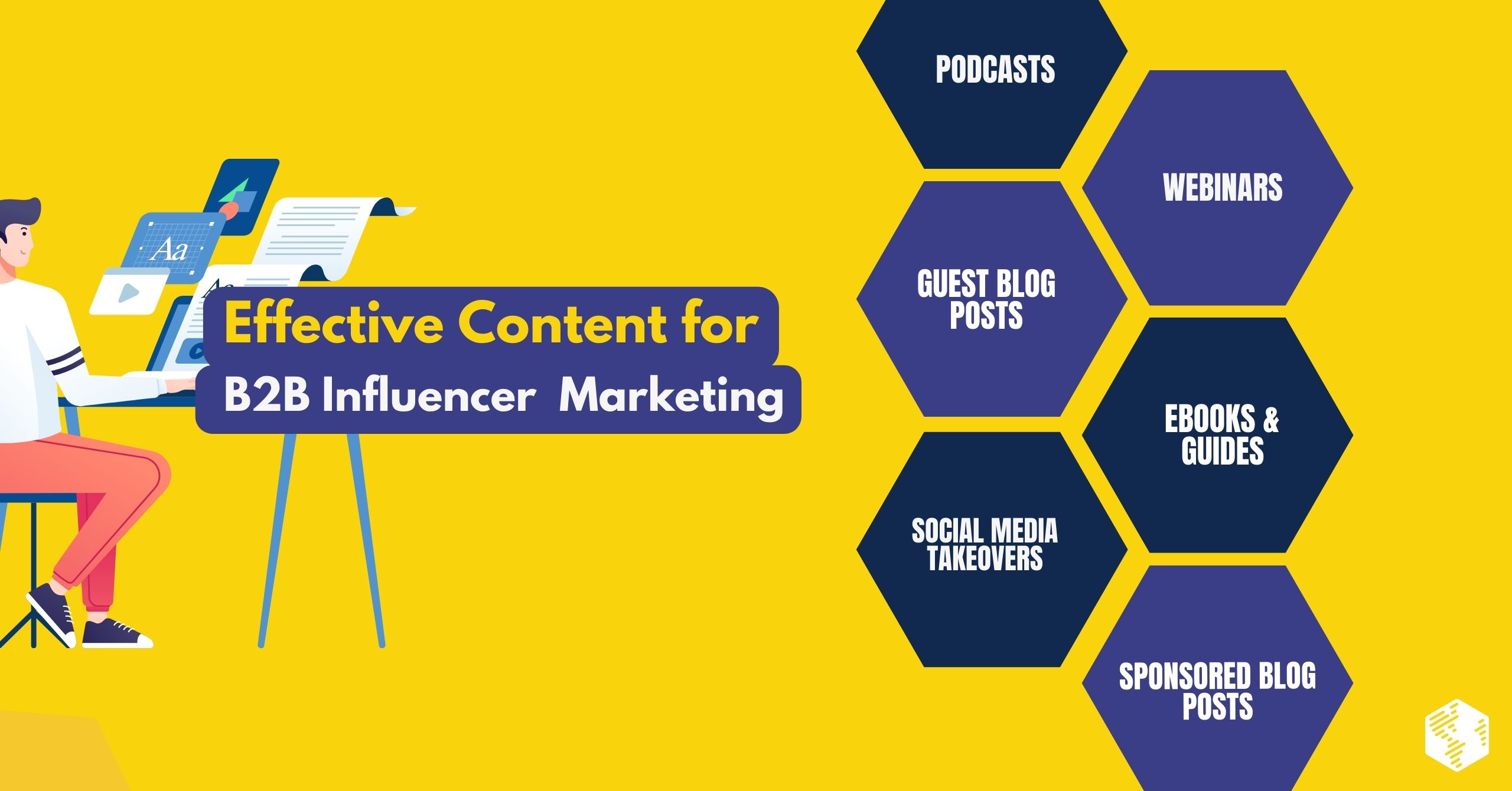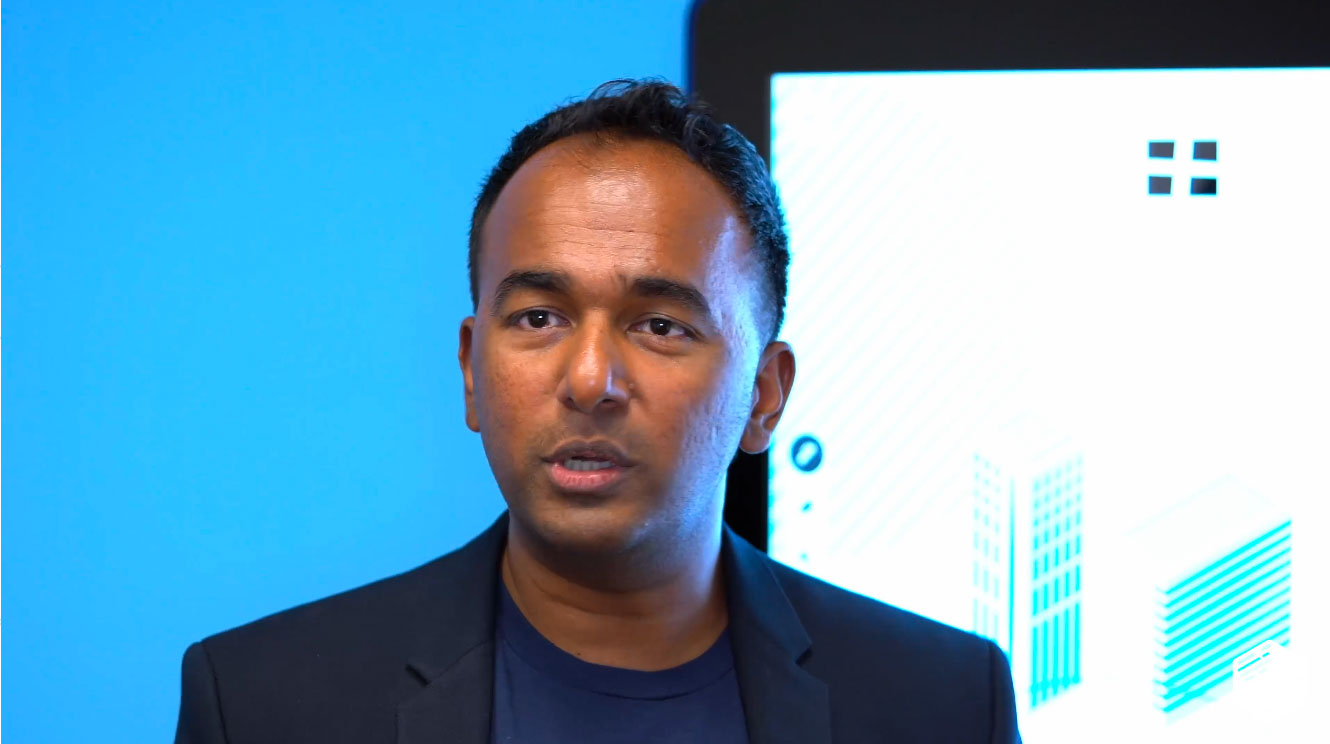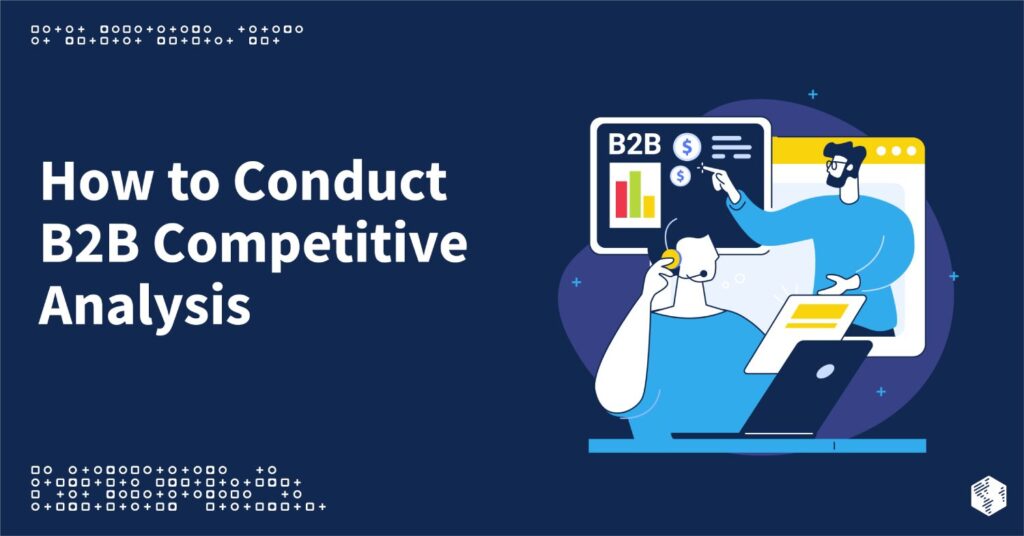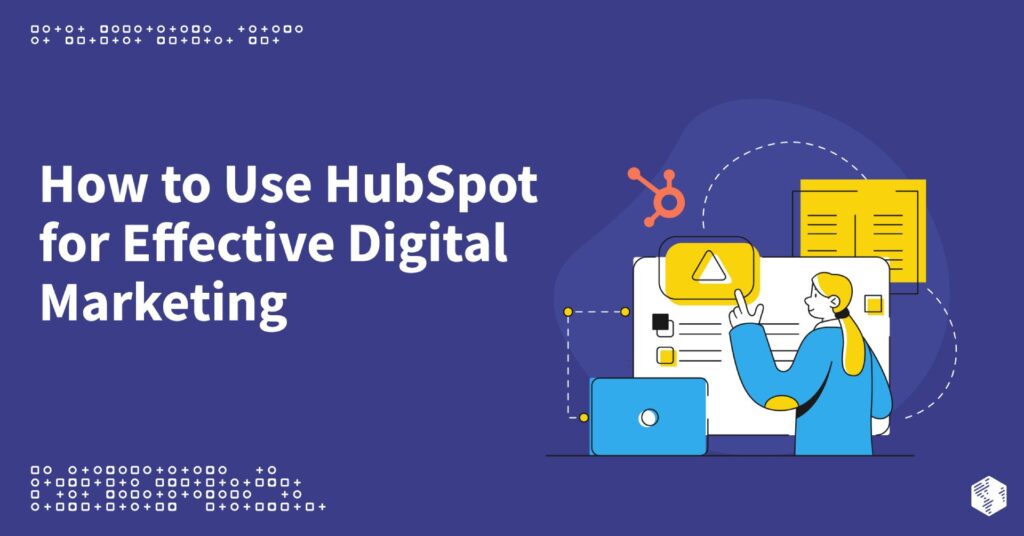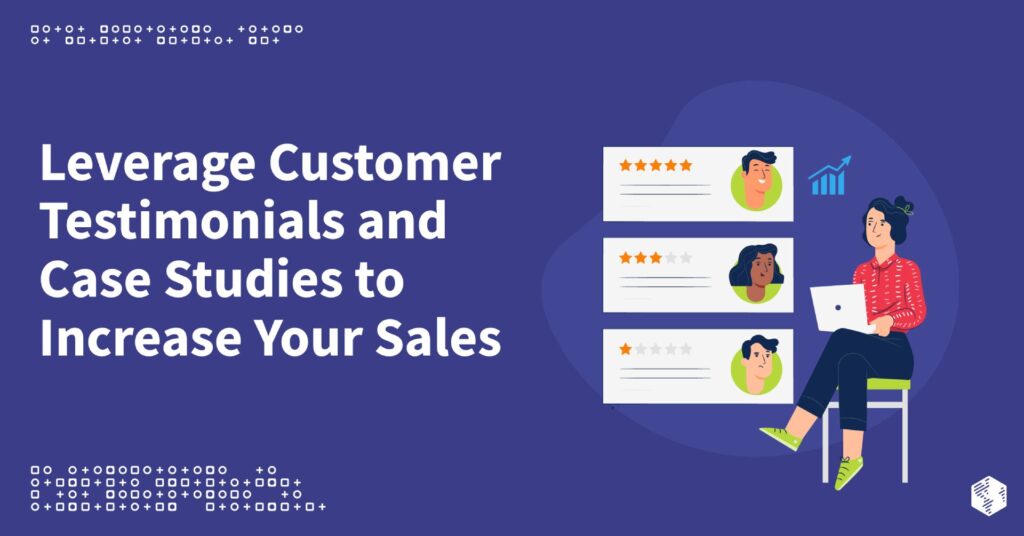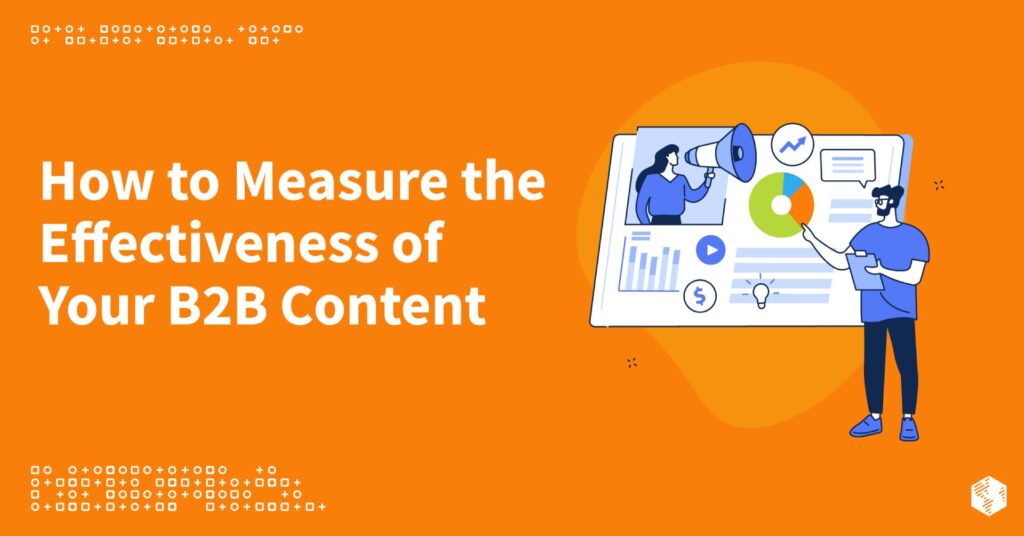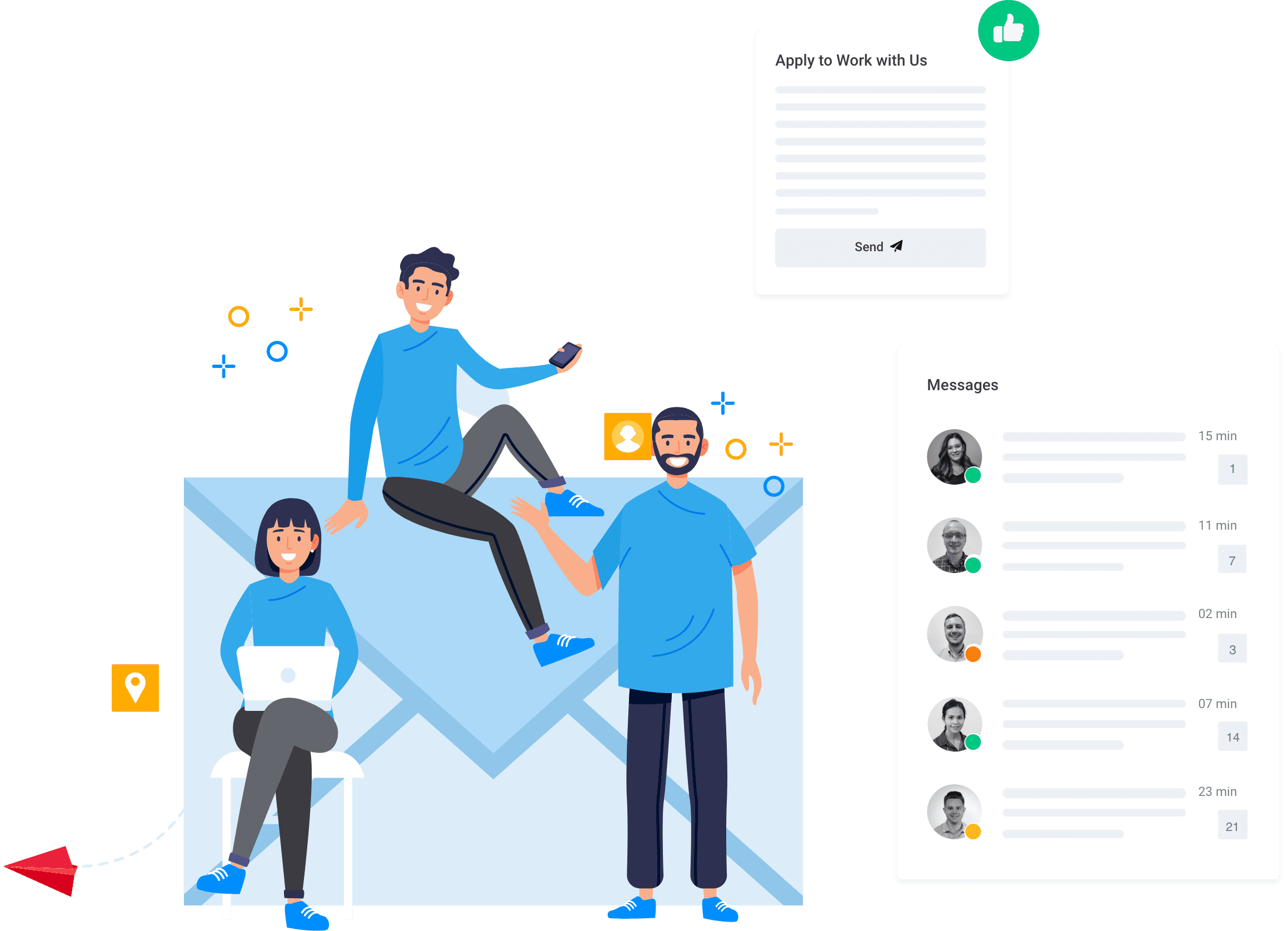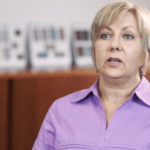When you think of influencer marketing, you likely think about Instagram beauty gurus or YouTube health and fitness enthusiasts. You think of content creators like makeup artists, athletes, bloggers, vloggers, and wannabe social media stars. However, influencer marketing is so much more than that.
It’s a $16.4 billion industry that can be just as profitable to B2B companies as it is to B2C ones. You just need the right strategy to make it work.
Partnering with industry experts and top influencers who display thought leadership can help you establish authority within your field and reach clients you could never have otherwise. It helps you cut through the noise, outshine the competitors, and boost your brand awareness.
However, you need to remember that, like any other form of digital marketing, influencer marketing differs between B2C and B2B brands. You’ll need to develop unique strategies that speak to all your client’s decision-makers and make a lasting impression on them. So, let’s get to work on that.
What is B2B influencer marketing?
Paid advertisements can be effective, offering an average 200% return on investment (ROI). However, they’re not nearly as effective as they used to be. Your leads and potential customers no longer trust paid ads and self-promotional content. What they do trust is social proof – and that’s what B2B influencer marketing offers.
Influencer marketing for B2B brands involves partnering with independent, successful influencers and having them promote your company, products, and services. The influencers would use their social media platforms to convince their audiences of your brand’s value and ultimately help you make sales. Most commonly, however, they’ll only do so after testing your products and services for themselves.
Influencers aren’t like traditional celebrities or household names. They don’t simply serve as the face of your brand. They have their own reputations to manage, so they must ensure trust and inspire loyalty among their followers. Therefore, the best influencers will work only with companies they believe will deliver value to them and their audiences.
That’s what sets them apart from celebrities, which is why they enjoy such great respect from their audiences. They collaborate with brands that make sense for them and their followers, offering the social proof that their audiences need to start doing business with the brand.
What you can gain from B2B influencer marketing
A carefully thought out B2B influencer marketing campaign can be a powerful tool that helps you distinguish yourself from competitors. Some of the benefits you could enjoy include:
- Building credibility – having an influencer who is a respected authority within their niche promote your products and services helps you build credibility and establish yourself as an authority;
- Improving content creation – influencers can create various content types for your brand, from blog posts to explainer videos, tutorials, photos, reels, and Facebook and Instagram stories. In a B2B environment, influencers also often participate in live events and seminars, delivering speeches and presentations and allowing you to impress your audiences without much effort;
- Reaching new audiences – partnering with relevant influencers in your industry can help you reach audiences you never had access to before. They can unlock new niches, expand your target markets, and help you connect with audiences easier;
- Inspiring loyalty – as discussed, influencers enjoy a great deal of respect and loyalty from their followers, both of which will reflect on your business when partnering with them.
B2B influencer marketing assists with boosting brand awareness, improving your search engine optimization (SEO), expanding your reach, increasing engagement, and ultimately increasing your sales. Of course, to enjoy these benefits, you need a B2B influencer marketing strategy that works for you.
How to build a B2B influencer marketing strategy
In many ways, building an influencer marketing strategy is similar to developing a social media marketing or content marketing strategy. However, it’s a bit more nuanced, requiring the utmost dedication and commitment.
Define your KPIs
As with any other marketing strategy, you’ll want to start by outlining your goals and defining your key performance indicators (KPIs).
How will you know whether your campaign is effective? How will you measure your success? What do you and your chosen influencer have to do to achieve the results you’re after?
Keep your goals clear and concise, and focus on more than just quantitative KPIs such as the number of sales or precise revenue you receive. Keep an eye on your qualitative performance indicators, such as audience engagement and loyalty, customer lifetime value, and more.
Determine your budget
The next step will be determining your budget. How much you’ll need to set aside for influencer marketing B2B depends on several different factors:
- The influencer reach – nano influencers with only up to 10,000 followers will be significantly cheaper than mega influencers with over a million followers;
- The industry and niche – in popular industries such as business finances or crypto investing, you’ll find more influencers who will have to offer more affordable pricing due to the competition. If you need an influencer in a unique niche, you might have to pay more;
- The content types you need – guest blogging on an influencer’s website is usually the cheapest option. However, if you need the influencer to create videos, share photos, or create their own content, you’ll need to be prepared to pay more;
- Terms and conditions – regular contracts will always be more affordable than those that include exclusivity or non-compete agreements.
Most companies set aside around $10,000 annually for their influencer marketing campaigns, but some spend well over $500,000.
Identify the main influencers in your niche
With your KPIs set and a clear budget in mind, it’s time to start searching for the best influencers for your needs. As a general rule of thumb, it’s always best to find an influencer who your target audiences are already interacting with. Someone who is well-respected in the industry and who commands attention.
Though there are many ways to identify who your audience likes to listen to and watch, conducting a survey is the simplest thing you could do to find out.
Ask your existing customers whose content they enjoy, why, and how much they trust it. After all, influencer marketing is the most effective when you partner with those individuals who enjoy a great deal of trust among their followers.
Focus on building relationships, not selling products/services
As previously discussed, B2B influencers aren’t like traditional celebrities. They don’t want to simply be the faces of your campaigns. They want to promote products and services they themselves enjoy. Otherwise, they risk losing the trust of their most loyal followers.
That’s why it’s in your best interest to focus your marketing efforts on building relationships with the influencers you’ve chosen and their audiences. Don’t simply reach out to them to sell your products and services. Offer valuable partnerships that will ultimately benefit you, the influencer, and your common audiences.
Boosted sales will come as a natural result of productive collaboration.
Prioritize educating your chosen influencers
With B2C influencer marketing campaigns, it’s easy for brands to simply send their product to the influencers and have them inform their audiences about it. There’s often no need to go into details about the brand voice and persona, goals, objectives, and more. With B2B campaigns, things are a bit more complicated.
Considering that your campaign needs to resonate with multiple decision-makers within an organization, not just a single customer at a time, your chosen influencer has to be well-informed about your brand.
They need to understand your brand voice, persona, unique selling points, brand values, goals, and missions. Therefore, you’ll need to set some time aside for influencer training and onboarding if you want your campaigns to be effective.
Develop long-term plans
Finally, you’ll want to develop long-term plans and combine your influencer marketing with other strategies, such as account-based marketing. The reason is the same as the one above – you’ll need to resonate with multiple decision-makers.
It takes longer for B2B influencer campaigns to reach everyone they need to. A B2C company could have an influencer post a single Instagram photo with their product, and they’ll almost immediately see a spike in sales. A B2B brand will need to take a longer road to get there, offering more content and more social proof that will eventually push a lead into becoming a buying customer.
As an unwritten rule, you’ll want to spend at least six months to a year on your marketing campaign with a single influencer.
The most effective types of content for B2B influencer marketing
B2B influencer won’t be of much help to your brand without plenty of high-quality content. Whereas it’s usually enough for a B2C influencer to share a few photos to their Instagram page, a B2B influencer needs to offer more value. They can do so through content types such as:
- Sponsored blog posts – the influencer would write and publish an article on their website promoting the brand’s products and services. It’s important that the post is not overly promotional. The focus should be on delivering quality information to the readers, and promoting the brand should come casually;
- Ebooks and guides – the influencer would write detailed ebooks, guides, and tutorials relevant to the brand, sharing them with their audiences and encouraging them to read through them;
- Guest blog posts –the brand would write an article and have it published on the influencer’s website. Again, the post shouldn’t be overly promotional;
- Webinars – the influencer would participate in webinars, live events, and seminars hosted by the brand, sharing their insights, engaging the audiences, and promoting the events to their followers;
- Social media takeovers – the influencer would take over the brand’s social media for a short period of time, hosting live Q&As, sharing behind-the-scenes photos and videos of the company, and engaging with the audiences;
- Podcasts – the influencer would join the brand’s podcast (or vice versa), discussing topics relevant to the company’s products and services and offering unique insights to the audiences.
While in B2C environments, the focus is on short, quick content that prioritizes entertaining the audiences, in B2B environments, the key is offering high-quality information and educating the audiences. That’s why over 81% of B2B marketers prefer using webinars, for instance, in their influencer marketing campaigns.
How to find B2B influencers
The key to a successful B2B influencer marketing strategy is finding the right influencer who can match your brand’s approach. You’ll have the best chances of finding a perfect influencer partnership by:
- Identifying existing brand ambassadors – starting your search from your existing customer base is the best approach. They are already familiar with the value of your products and services, they have personal experience with your brand, and could be more than willing to enter into a partnership with you;
- Assessing the best platform for your needs – when it comes to B2B influencer marketing, LinkedIn is usually regarded as the best platform. However, you might find it beneficial to collaborate with influencers on platforms like YouTube, Facebook, and even Instagram, depending on which social media your audience uses the most;
- Identify the content types you will need – as mentioned, B2B influencers can use an array of content types, from blog posts to tutorial videos and seminar presentations. However, not all of them will offer the same content types, so you’ll need to know precisely what you’re looking for before reaching out to an influencer;
- Start reaching out – it’s rare in B2B environments for influencers to reach out to brands; it’s usually the other way around. Once you’ve identified a few potential influencers, start sending emails or messages on social platforms offering collaboration.
Though most businesses often believe that partnering with the biggest influencers is in their best interest, it’s not always so. Though influencers with millions of followers can expose your brand to the biggest audiences, they don’t always inspire as much trust as some smaller influencers. In other words, they aren’t as influential.
As a general rule of thumb, influencers with smaller audiences often enjoy more trust and loyalty. They can interact directly with their followers more often, building stronger relationships and better engagement.
Therefore, if you want greater success with your campaign, it could be in your best interest to partner with nano or micro-influencers – those with a following of 10,000 to 50,000.
Using LinkedIn for B2B influencer marketing
As mentioned earlier, LinkedIn is generally considered the best platform for B2B influencer marketing. It has well over 822 million registered users, making it the biggest professional network you could join.
It enables you to connect with your audiences and build relationships with both white-collar employees and key decision-makers. It allows you to target highly specific audiences and identify the best influencers for your needs.
Though it’s possible to use other social media platforms for B2B influencer marketing, LinkedIn has proven to be the most effective choice.
B2B influencer marketing examples
There are countless examples of lucrative B2B campaigns that show just how valuable influencer marketing can be.
When promoting its IBM Watson, an AI business solution, IBM partnered with the designer Gaurav Gupta, who created an AI sari gown. Equipped with LED lights and paired with IBM solutions, the gown could change colors to fit the wearer’s personality.
Microsoft partnered with National Geographic photographers to promote careers for women in STEM, while SAP had industry experts as keynote speakers during its 2016 Sapphire conference.
There’s no shortage of examples of how lucrative B2B influencer marketing campaigns can be. The key is partnering with the right industry leaders and developing a long-term campaign that focuses on building relationships.
Hiring an influencer marketing agency vs. working directly with influencers
Regardless of how you want to approach developing your influencer marketing strategy, you’ll need to determine how you want to manage it. You’ll have two options – hiring a B2B influencer marketing agency or working directly with influencers.
Having your marketing teams or managers working directly with influencers could be the best course of action for companies with plenty of experience with digital marketing. As long as you have a team of experts, you’ll enjoy many advantages:
- It’s easier to find an influencer who matches your brand voice and persona;
- You can build relationships faster by communicating directly with the influencers;
- You’ll have complete control over each step of your campaign;
- You’ll have a clear overview of the progress;
- You’ll ensure the utmost transparency;
- You can work together with your chosen influencer to develop the most effective campaign.
Needless to say, there are some disadvantages to working directly with influencers:
- It will be more difficult to negotiate contracts;
- You’ll need more time to find the right influencer for your needs;
- Your marketing teams or managers might not have adequate experience to develop effective influencer campaigns;
- You might encounter scammers and influencers who bought their followers.
That’s why some companies prefer working with an influencer marketing agency. Agencies have their own influencer pools and plenty of experience running viral campaigns. Some of the benefits you’ll enjoy with an agency include:
- Faster results from your campaigns;
- It’s easier to find and negotiate with influencers;
- You can receive relevant KPIs you’ll need to track;
- Agency’s legal teams can draft up contracts;
- Agencies can develop customized campaigns that suit your needs.
Of course, working with agencies presents some challenges as well:
- You’ll need to find the right agency for your needs;
- The best agencies often have the most expensive pricing;
- You won’t get a chance to develop a personal relationship with your influencers.
Working directly with influencers and hiring third-party agencies comes with unique pros and cons. The better choice for you depends on your needs, budget, and campaign goals.
Conclusion
Alongside SEO, content marketing, ads retargeting, and more, influencer marketing is one of the best B2B marketing tactics – you can read our previous blog post if you want to learn more about the top practices for B2B marketing. The key is developing an effective strategy and finding an influencer who meets your needs.
You’ll need to ensure that the influencer you choose makes sense for your niche, has a loyal following, and understands your brand’s value and overall customer approach.
For more help with building your marketing campaign, building your brand awareness, and generating leads, rely on OneIMS Solutions.


